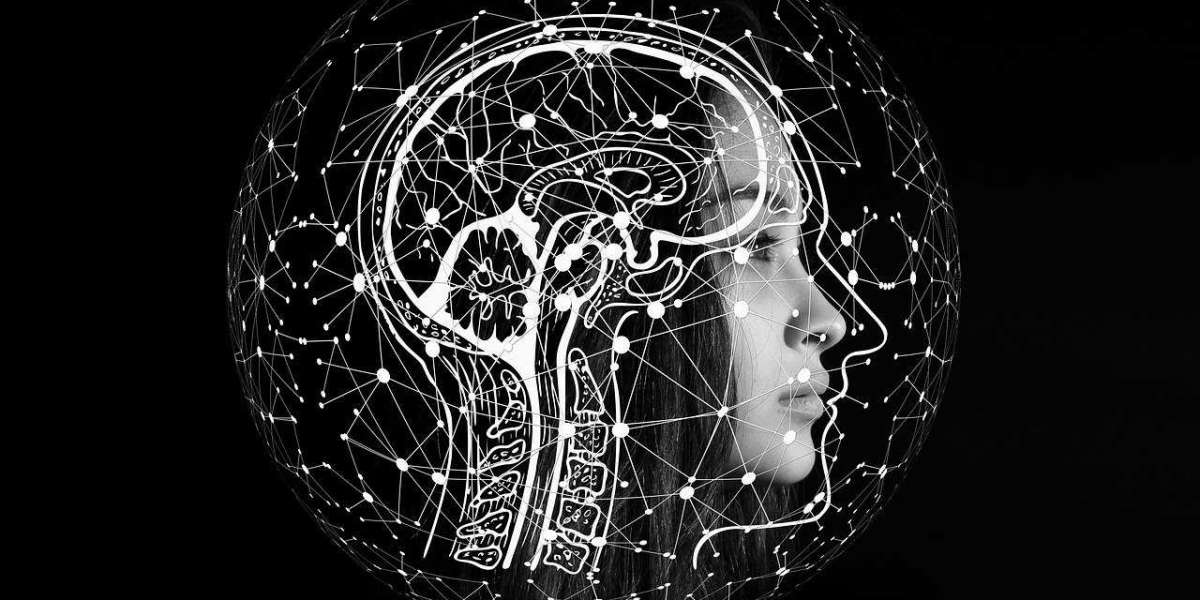1. Personalized Learning: AI enables customized learning experiences by tailoring educational content to individual student needs. Adaptive learning systems analyze student performance in real-time and adjust lessons accordingly, helping each student learn at their own pace and style.
2. Enhanced Engagement: AI-driven tools like virtual and augmented reality (VR/AR) can create immersive and interactive learning environments. These technologies engage students more deeply by providing hands-on experiences and simulations that make complex subjects more accessible and exciting.
3. Efficient Administrative Tasks: AI can automate routine administrative tasks such as grading, scheduling, and managing student records. This reduces the administrative burden on educators, allowing them to focus more on teaching and student interaction.
4. Support for Special Education: AI technologies can provide tailored support for students with disabilities. Tools such as speech-to-text applications, text-to-speech converters, and customized learning aids help address individual learning challenges and make education more inclusive.
5. Scalable Tutoring Solutions: Intelligent tutoring systems powered by AI offer scalable support for students outside of regular classroom hours. These systems provide instant feedback, additional practice, and clarification on topics, acting as a supplementary resource for learners.
6. Data-Driven Insights: AI can analyze educational data to provide insights into student performance, learning trends, and potential areas for improvement. Educators can use these insights to make informed decisions about curriculum design, teaching strategies, and student interventions.
7. Professional Development for Teachers: AI can support teacher development by analyzing classroom interactions and providing feedback on teaching practices. This helps educators identify areas for improvement and access relevant resources to enhance their teaching skills.
Challenges of AI in Education
1. Data Privacy and Security: The use of AI in education involves collecting and analyzing large amounts of student data, raising concerns about data privacy and security. Ensuring that student information is protected and used ethically is a major challenge.
2. Equity and Access: There is a risk that the benefits of AI in education may not be equally accessible to all students, particularly those from underprivileged backgrounds. Disparities in access to technology and high-speed internet can exacerbate educational inequalities.
3. Over-Reliance on Technology: While AI can enhance education, there is a risk of over-reliance on technology. It's important to balance AI tools with human interaction to ensure that educational experiences remain holistic and that students develop critical thinking and interpersonal skills.
4. Ethical and Bias Issues: AI systems can inadvertently perpetuate biases present in training data, leading to unfair or discriminatory outcomes. It's crucial to ensure that AI algorithms are designed to be unbiased and that they promote fairness in educational settings.
5. Implementation Costs: Integrating AI technologies into educational institutions can be costly, involving expenses for software, hardware, and training. Budget constraints may limit the ability of some schools and institutions to adopt and sustain AI solutions.
6. Teacher and Student Adaptation: Both educators and students may face challenges in adapting to new AI technologies. Professional development is needed to help teachers effectively incorporate AI tools into their teaching practices, and students need support to understand and use these technologies effectively.
7. Maintenance and Technical Issues: AI systems require ongoing maintenance and updates to function effectively. Technical issues, software bugs, and the need for regular system updates can pose challenges and disrupt the learning experience if not properly managed.
Conclusion
AI holds great promise for enhancing education by offering personalized learning experiences, improving engagement, and streamlining administrative tasks. However, it also presents challenges related to data privacy, equity, and the potential for over-reliance on technology. Balancing the benefits and addressing the challenges thoughtfully will be essential for realizing the full potential of AI in education and ensuring that it contributes positively to the learning environment.




